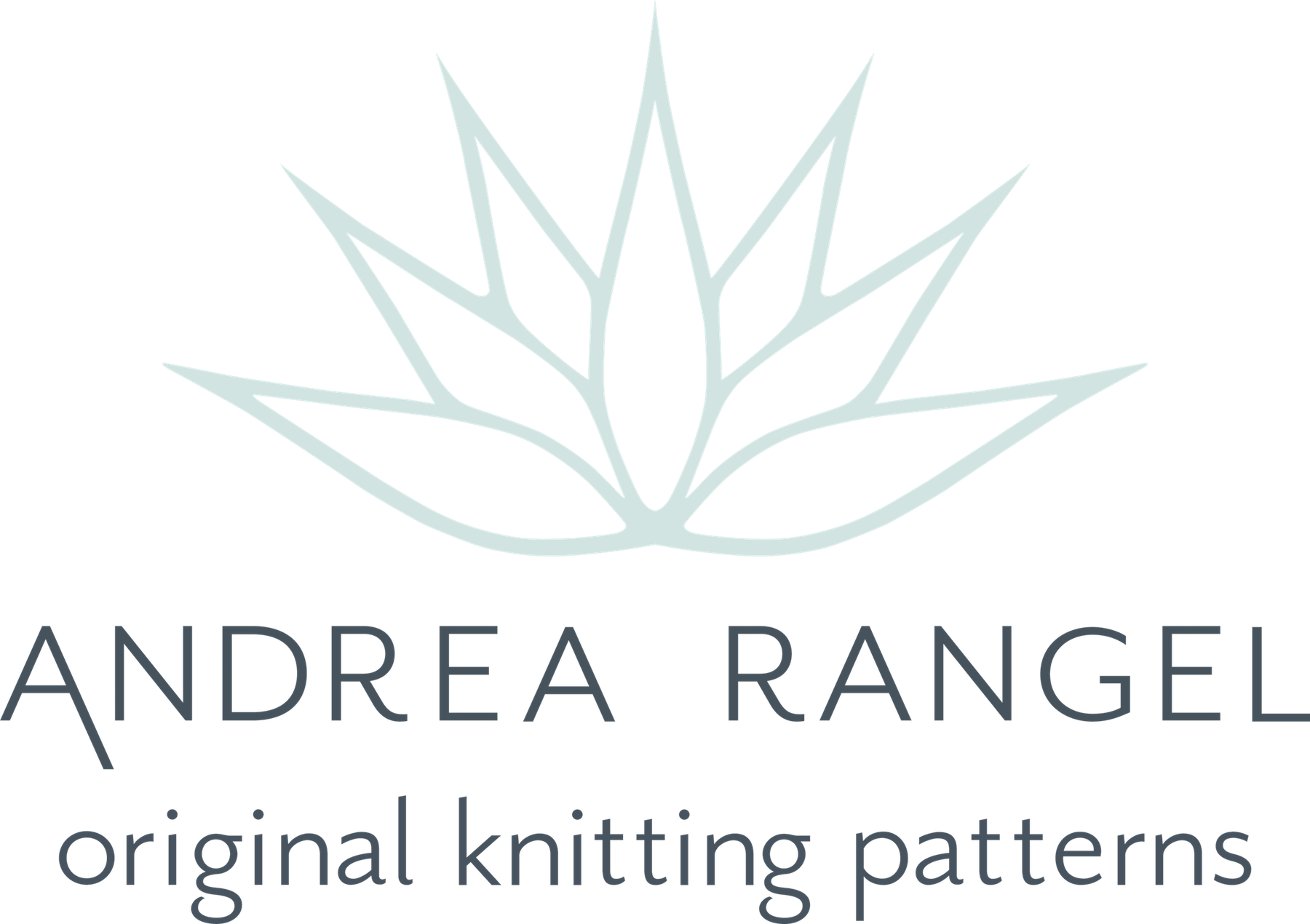Rugged Knits Pattern Highlight: Braided Brook
I'm particularly proud of this week's Rugged Knits pattern highlight, Braided Brook. When I started working on the book I knew I wanted to include a really glorious cabled sweater and it came out just as I had hoped. The central cable pattern was created through a collaboration with my husband. I've mentioned before how he works with me on color charts, but cables were a special challenge. We definitely went through several iterations of this pattern to get it to be striking and also actually physically possible to knit. I love that this finished sweater combines a relaxed, cozy look with the fit and slouchy cowl neck, with dramatic elegance that all-over cabled texture can provide.

CONSTRUCTION
- Worked bottom-up in pieces, then blocked and assembled. The cowl neck is the final step.
- Working this sweater in pieces has a bunch of advantages. Seams offer stability and reinforcement, which can be important given the fabric is fairly heavy and dense, and I worked my sample in an alpaca-blend yarn, which could stretch over time without the help of seams. Working in pieces also means your project is never so huge that it gets cumbersome, and you only have to focus on parts of the cable charts at once.
- It features lots of details that make for a flattering fit: set-in sleeves, waist shaping that's worked into the cable pattern, and sloped shoulders.
FIT
- The fit is relaxed. I recommend 3-5" (7.5-12.5 cm) of positive ease to get the look shown in the sample photos.
YARN
I knit my sample in a great staple yarn - Berroco Ultra Alpaca. It's a 50/50 wool/alpaca blend and I love that it gives most of the resilience and bounce of wool while also offering a subtle halo and a bit of extra warmth from the alpaca content. It's a multi-plied worsted spun yarn with a pretty tight twist, so it gives amazing stitch definition, but it also has a very soft look.
TIPS FOR SUBSTITUTING
- Depending on the look you want, there are a lot of different options for this sweater. Ultra Alpaca is a pretty standard worsted, so first look for yarns that recommend about 20 sts = 4" (10 cm). I do recommend opting for a fairly soft yarn since the cowl neck is bound to be right on the skin.
- For a light, tweedy look, try one of my favorite yarns, Brooklyn Tweed Shelter or Hikoo Kenzie.
- If you want something with a clean, sophisticated look, how about Quince & Co. Lark?
- The semisolid colors of Hazel Knits Cadence would create an artsy, watercolor feel with popping stitch definition.
- I'm considering making a sweater for myself in O-Wool Balance, a 50/50 wool/cotton blend. I've got a sweater's-worth in Sapphire & I think this would be a great option for anyone worrying that it could be too warm in alpaca.
MY FAVORITE DETAIL
Those cables are so dreamy!
GENERAL TIPS
Cables cause fabric to draw in very dramatically, so be sure to use a yarn that's based on the recommended gauge of the sample yarn (about 20 sts = 4" (10 cm)) rather than going with the gauge over the cable pattern. The pattern gives gauge in Stockinette and cables, as well as the width of the central cable panel to help you check your gauge.
Be sure to use the hashtags #RuggedKnits, #Braided Brook, and #AndreaRangelKnits when you post pics of your Braided Brook projects!
PATTERN DETAILS
Finished Measurements
34.5 (38, 42.5, 47, 51, 55)” (87.5 (96.5, 108, 119.5, 129.5, 139.5) cm bust circumference, and 24 (24.5, 25.5, 26, 27, 27.5)” (61 62, 65, 66, 68.5, 70 cm) length
Intended to be worn with 3–5” (7.5–13 cm) of positive ease
Shown in size 38” (96.5 cm)
Yarn
1296 (1438, 1589, 1740, 1901, 2043) yd (1185 1315, 1453, 1591, 1738, 1868 m) worsted weight (#4 Medium) yarn
Shown here: Berroco Ultra Alpaca (50% alpaca, 50% wool; 215 yd 197 m/100 g): color #62111 Zephyr, 7 (7, 8, 9, 10, 10) skeins
Needles
Size U.S. 5 (3.75 mm) straight and 24” (60 cm) long circular (cir)
Size U.S. 6 (4 mm) 24” (60 cm) long circular (cir)
Size U.S. 7 (4.5 mm) straight and 24” (60 cm) long circular (cir)
Adjust needle sizes if necessary to obtain the correct gauges.
Notions
Stitch markers (m); cable needle (cn); tapestry needle
Gauge
20 sts and 27 rows = 4” (10 cm) over St st using largest needles
26 sts and 27 rows = 4” (10 cm) over side cables using largest needles
34-st Sleeve Cable Panel = 41⁄2” (11.5 cm) wide 74-st Center Cable Panel = 71⁄2” (19 cm) wide
